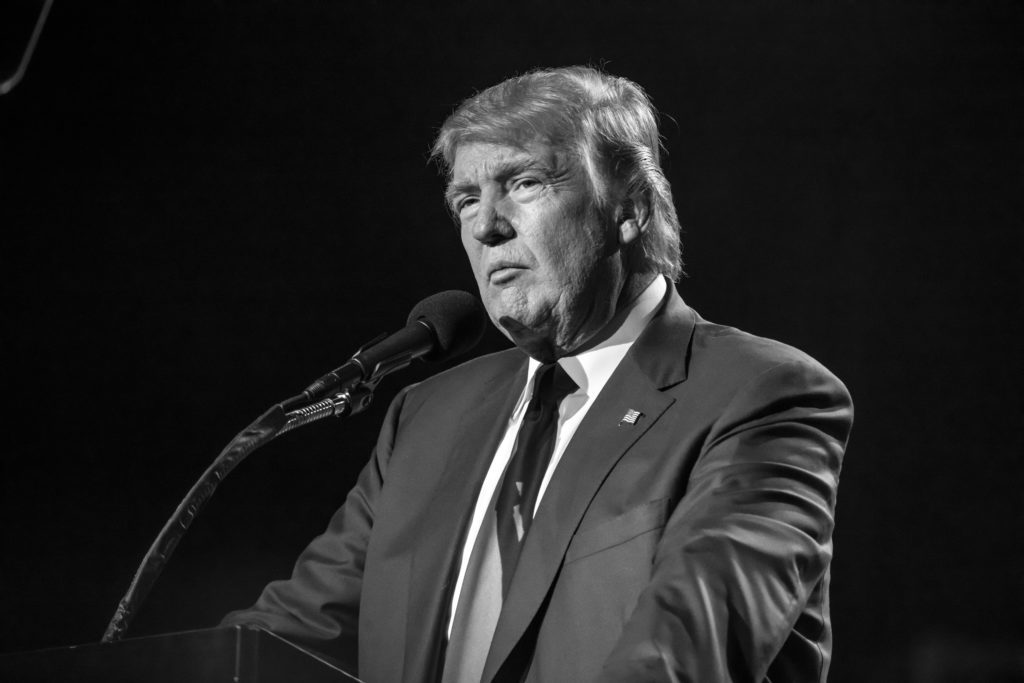Donald Trump’s color-coded dead giveaway

“I like all forms of music – except rap,” was, for my money, growing up in the 1970s, the laziest, easiest and – let’s face it, most loaded with plausible deniability – clandestinely racist trope going. It got to be so common and obvious a thing to say that sometimes, if I was on my toes, I could finish the sentence for them. “Them” included the hip, upper middle class, young-adults-sneaking-up-on-middle-age types my mother hung out with in a very whitebred La Jolla, California. These were the Transcendental Meditation-practicing, cocktail party-going, adult education-attending, Rod McKuen-listening mid twentieth century aristocrats of pronouncements of social truths, what Anthony Burgess disdainfully referenced as “sophistos.”
They were as much aware of it as fish were aware of water. That is, they hardly thought about the social strata they floated around in, but it didn’t prevent their using it by serenely propelling themselves through life with a haughty flick of a tail. It was all glib cover for what they really meant. I think they were afraid of rap. Its rough beat and in-your-face lyrics that were just a bit too clever for comfort, too un-Sinatra like, too “uppity.” Lyrics weren’t “supposed” to be like that, in fact, music wasn’t supposed to be mostly lyrics, as if evolution or Mother Nature or God gave a crap what forms music came in. Lyrics had their place and needed to stay there. Just ask Beethoven, who wrote only one opera.
But the incubator that nurtured today’s leaders did its job, and inured them to racist reality, a reality its victims know very well. Those victims are reminded daily of just exactly what kind of medium the social strata is composed of, just exactly what kind of water they are swimming in, and just exactly what kind of fish they are.
So when, say, people of color are summarily executed by “peace officers” for “resisting arrest,” it becomes marginally easier for those incubated in the easy racism of privilege to wonder aloud just exactly what those persons of color were doing to provoke those officers. Having never had to lie on the ground while being hysterically screamed at and beaten and kicked and ordered to “stop resisting” by gun-toting maniacs themselves, they still have an imagination, do they not? How hard can it be to uncover your face from the next vicious boot kick for a lousy minute and meekly put your hands behind your back? I mean, really.
So when Donald Trump characterizes refugees fleeing the Bahamas by ferry as “very bad gang members and some very, very bad drug dealers,” it’s easy and comfortable for people who were incubated in those lazy waters of privilege to imagine what he’s saying is true. It’s easy to suspect that they are all bad people, particularly when they’re not used to thinking for themselves. It’s easier for them to nod and agree that those non-white people desparately fleeing with their children should be forced to return to the Bahamas and die, simply because of a suspicion nurtured by a categorical pronouncement by the president of the United States. And, for some reason, it’s easy for them to forget that most of the bad things that have ever been done to them in their lives hasn’t been done to them by people of color, but by white men in business suits.

Robert Harrington is an American expat living in Britain. He is a portrait painter.
